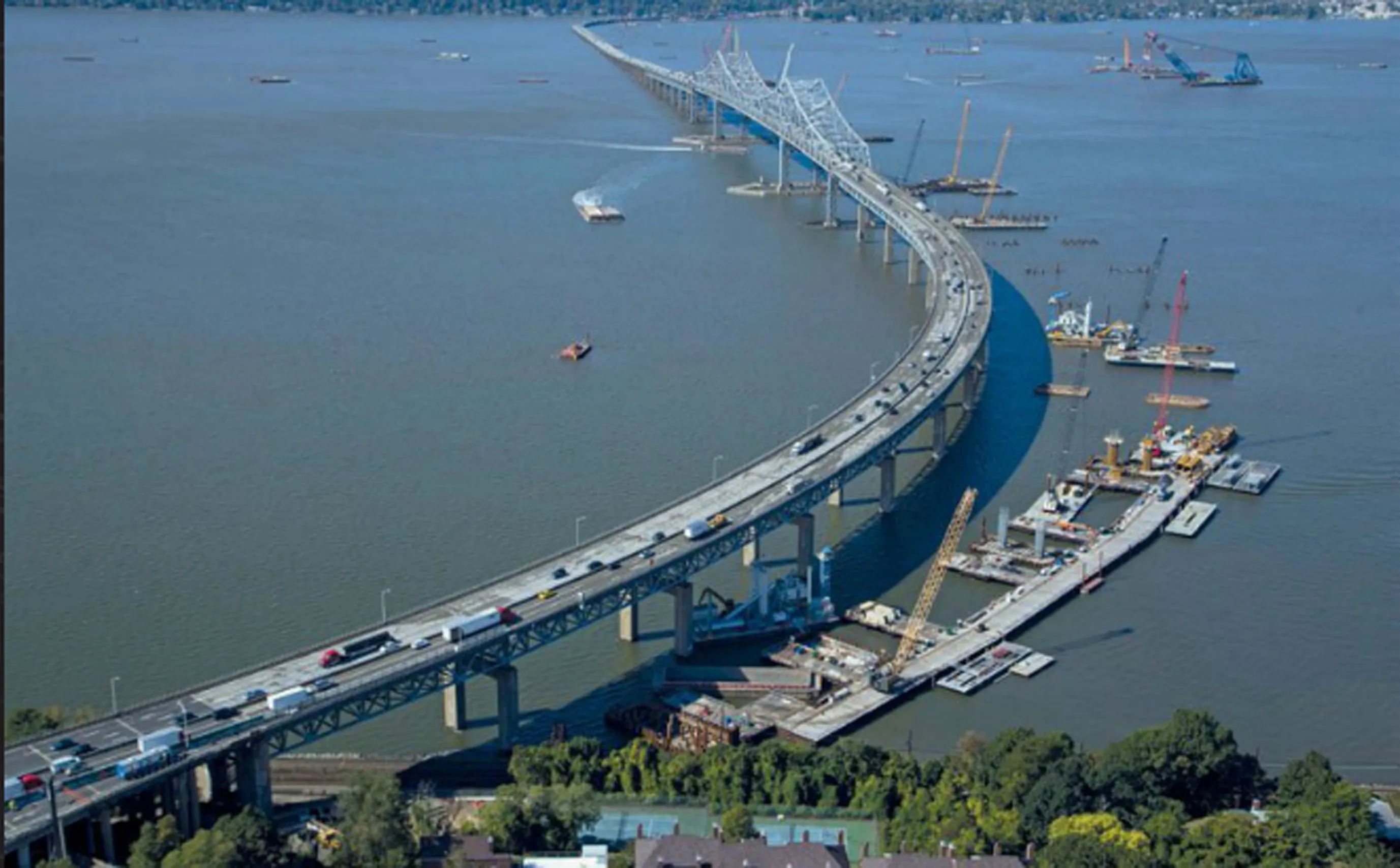
The Supreme Court in the province of Ontario has ruled in favour of co-shareholder pension fund Canada Pension Plan Investment Board to buy another stake - 10.01% - in the highway. The shares are up for sale by another shareholder, Montreal-based global infrastructure engineering firm SNC-Lavalin.
The court denied Ferrovial, which already has the largest shareholding at 43% in the highway, the right to first refusal on the stake that SNC is selling. The pension fund will have, after the sale, just over 50% of shares.
Following the transaction, SNC-Lavalin's stake reduces to 7% and will receive US$2.51 billion from the sale. SNC is battling a fallen share price and has been embroiled in Canadian legal battles over bribery allegations.
After extending 407 eastwards in 2016, the highway is now around 140km long, acting as a bypass of Toronto to the south. The original highway was a 68km concrete toll motorway that opened in 1997. The extra kilometres are asphalt. It was originally a major design-build-finance contract for the central Canadian province of Ontario. But in 1999 the Ontario government made it a public-private partnership to save money by selling it to a consortium of private companies - 407 International/407ETR.
Original shareholding was Cintra Infraestructuras (43.23%), as well as various subsidiaries of the Canada Pension Plan Investment Board (40%) and the Montreal-based engineering firm SNC-Lavalin (16.77%). The deal included a 99-year lease agreement with unlimited control over the highway and its tolls, dependent on traffic volume.
World Highways covered construction of the original highway and then revisited the project in 2016 in a %$Linker:








